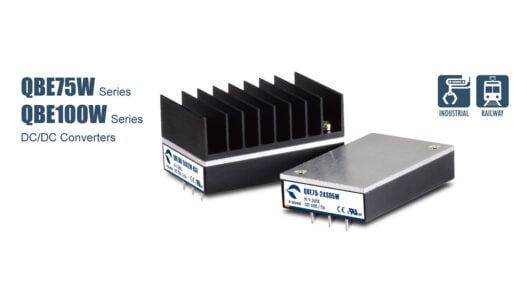I have personal experience in this and can clearly see the value and benefits: 18 years ago, I invested in a novel juice bar concept called Lovejuice, which opened its first store in Stansted airport, where the rent was linked to sales. This proved to be very profitable for both landlord and tenant but, unfortunately, it proved impossible to replicate the arrangement at other sites. However, with New Look now setting a new precedent, this model looks set to become far more common practice.
However, one question that arises from this revolutionary new model is how we can be certain that companies are truthful in determining how much rent should be paid. A distributed ledger technology, such as blockchain, could prove essential in ensuring turnover is reconciled regularly to ensure that amounts paid are based on a single source of truth.
Many retail outlets were struggling even before the hammer blow of COVID-19 and now, more than ever, new operating models are desperately required if we are to hang onto any semblance of a high street. Commercial rents are heading in the same direction. IWG plc (formerly Regus), the workspace provider, recently announced a restructuring of its commercial rent agreements with tenants which may link their rental fee to business performance. IWG takes long leaseholds on office space and rents this out to short term tenants. As our use of the office has fundamentally changed, so does the need to update the business model.
Turnover or performance linked rents depend on the quality and timeliness of data but, currently, a trusted data ecosystem between landlord and tenant does not exist. One of the challenges to this data capture is that retail sales are multichannel. As operations often span brick-and-mortar shops, mobile browsing, online marketplaces, social media and online retargeting ads, it’s virtually impossible to get an accurate overview of sales from physical shops alone at any one time.
Similarly, a daily sales number would fail to take account of returns and refunds. Sales in any particular period are not final until any returns have been netted out. However, the period for returns extends well beyond any sale period and so returns can severely impact headline sales. As online sales have dramatically increased during the pandemic, so has the level of returns. However, landlords can’t wait for months after a company’s year-end accounts to receive an audited confirmation of turnover. They need liquidity to support their own operations.
Blockchain technology can play a critical role in the digital transformation of retail and commercial rents. The simple fact is blockchain can effectively capture data from numerous stakeholder workflows, including proprietary systems or platforms used by landlords, tenants and other parties, through its distributed ledger approach. Blockchain is then able to guarantee that this data is transparent and immutable, creating an ecosystem capable of providing trusted information on a near-real time basis. This has the potential to create daily rent models which are reconciled regularly to ensure that amounts paid are based on true and verifiable data.
The opportunity here is to adopt relevant technology that enables migration to a business model that is a win-win for both parties. Historical fixed-price commercial rental agreements are outdated. Technology can modernise this system to ensure that data, from which the cost of rent can be determined and communicated to other parties, is real, correct, trusted and not prone to human error, negligence or worse.
Ultimately, trust requires transparency to validate integrity. Landlords and tenants need to find a new way of building trust, which was previously based on fixed-price rental contracts. Blockchain technology can underpin this trust in a new, fairer and more flexible landlord-tenant relationship for the future.







